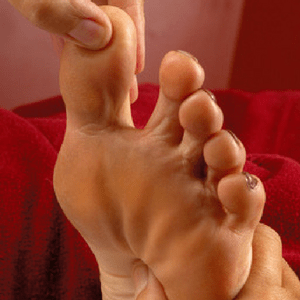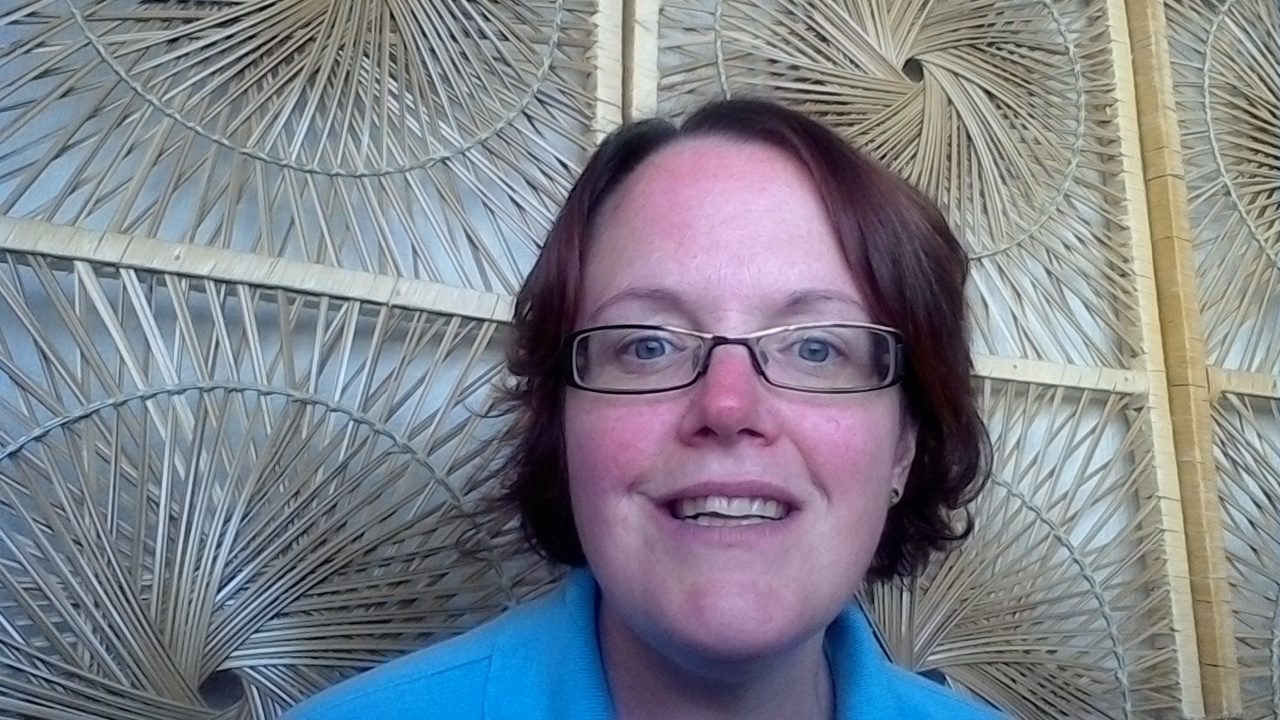As a complementary therapist I will admit that I’m guilty of assuming everyone knows what reflexology is and about all the treatments I offer. I’m also guilty of explaining reflexology in terms of the feet mirroring the body systems, working through meridians or energy lines and other terms that create those glazed over eyes. Many people know it’s to do with feet (and if you didn’t, yes, it is usually foot related), however beyond this there’s usually varying ideas.
I often offer reflexology tasters, which I think is a good way of showing people what reflexology is about. When I do this, I usually meet two camps of people: the first love their feet being touched and played with and would be happy to sit there all day; the second group of people hate even the thought of getting their socks or shoes off, let along anyone even touching their feet. I have to confess that I originally fell into the second camp of people – I hated the idea of anyone tickling my feet and would tense even at the thought of the idea. I also once nearly kicked a student therapist in the head for trying to hold my foot too gently. So, what changed my mind?
I went for a massage, and had about ten minutes of reflexology on my feet. As she touched my foot the whole relaxation of the massage went out of the window, but, after a few minutes I found I was relaxing again. It really wasn’t what I was expecting; yes, there were some sensitive spots, but they weren’t overly ticklish and it really was quite bearable. After that I did have a few more reflexology tries, trained in reflexology and found myself having monthly regular therapies!
So, after the consultation, what actually happens during a reflexology session? It starts off with a massage to relax your foot, get blood flowing more to the surface and to check the mobility of your feet. Then, a set sequence begins where the therapist uses pressure on various points and moves their thumb (not lightly!) throughout the sole of the foot. I usually tell apprehensive people that if I tickle them they’re more than welcome to kick me, as I know how bad that tickly fear can be!
If you’ve got ticklish feet, then I would say to expect some tension at the beginning: you don’t know what you’ve let yourself in for and you’re really challenging your fears about what you’re expecting. Once you realise its not a purposeful tickle, you should find yourself beginning to relax into the therapy (unless you’re not accustomed to relaxing, which means it could take a few sessions to get your body into the idea). There may be some sensitive areas but this can be your body’s way of protecting the area or highlighting a possible underlying issue. For example, if you have sensitivity on the ball of your foot it may be related to a lingering cough, chest complaint, asthma, even tight muscles in the chest region.
 The therapy begins on one foot and then the other foot is worked. After this you may find some areas are treated again. This means the therapist found some areas that they felt needed to be worked further. After this there is likely to be further work on both feet. If at any point something is unbearable, you should tell your therapist and they will take appropriate action. Some people like to relax during the reflexology and tell their therapist about any sensitive areas at the end of the session. It’s important for you to remember you’re a paying client and you can talk if you want to, or close your eyes and relax if that’s what you’d prefer – your therapist shouldWhat be led by you. You usually know the session is coming to an end as the therapist may use cream and will probably end with a massage.
The therapy begins on one foot and then the other foot is worked. After this you may find some areas are treated again. This means the therapist found some areas that they felt needed to be worked further. After this there is likely to be further work on both feet. If at any point something is unbearable, you should tell your therapist and they will take appropriate action. Some people like to relax during the reflexology and tell their therapist about any sensitive areas at the end of the session. It’s important for you to remember you’re a paying client and you can talk if you want to, or close your eyes and relax if that’s what you’d prefer – your therapist shouldWhat be led by you. You usually know the session is coming to an end as the therapist may use cream and will probably end with a massage.
And thats it – all over! You may feel relieved to have confronted such a personal fear and you may be very relaxed. The therapist will probably tell you any areas picked up on that related to your body (maybe your neck was stiff or your digestive felt a little sluggish). They will also provide aftercare, such as drinking water.
Hopefully you should find your experience changes your view about having your feet touched; and if the worry about how your feet look still stops you, don’t worry, most feet aren’t perfect and a therapist is used to it! So that’s what to expect from a reflexology visit, without the usual explanations, but, if you do want to know more about the theory, meridians and benefits of reflexology then try booking an appointment with a reflexologist and ask them!
 Louise is an holistic therapist who owns Therapy Centre, Bristol BS14 9HB, a clinic offering a range of holistic and beauty therapies. Louise offers reflexology, aromatherapy, holistic massage, Indian head massage, reiki, baby massage and story massage. She is a mum of two boys and when she is not working she enjoys getting outdoors with her family.
Louise is an holistic therapist who owns Therapy Centre, Bristol BS14 9HB, a clinic offering a range of holistic and beauty therapies. Louise offers reflexology, aromatherapy, holistic massage, Indian head massage, reiki, baby massage and story massage. She is a mum of two boys and when she is not working she enjoys getting outdoors with her family.
www.louise-morgan.co.uk 01275 217

